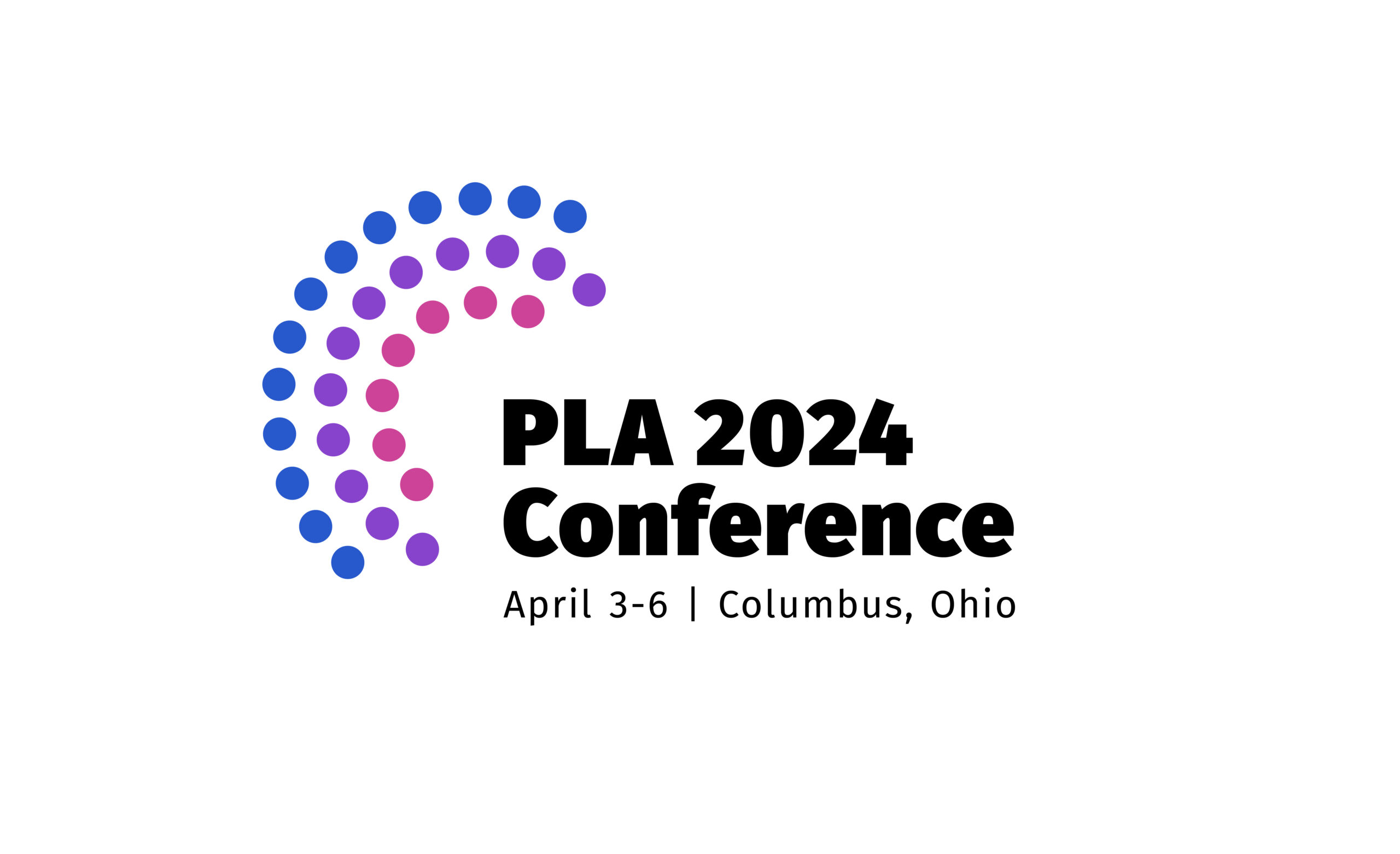Trans Staff and Patrons – a Reflection

At the Public Library Association’s 2024 annual conference, Damon Verdema and Simon DeSalvo delivered a session called Trans Staff and Patrons: Where to Begin, Next Steps. They used slides, analogies, storytelling, historical and current facts, personal experience, and role playing to help audience members understand the barriers trans staff and patrons experience in the library environment. Then, they identified actions that attendees could take toward greater inclusion. The duo suggested that the more inclusive and supportive we are of trans staff and patrons, the more accessible we make the library for all.
The session opened with some basic education. “Trans people aren’t a monoculture,” the presenters explained. No two trans experiences are quite the same. Refraining from generalizing is good place to start when getting to know trans staff and patrons. We took time exploring important distinctions between sex (the parts one is born with), gender (one’s social role) and sexuality (who a person is attracted to), as well as cis (someone who is the gender they were assigned at birth) and trans (someone who is a gender other than the one assigned at birth), and drag (what I do) and trans (who I am). Our presenters helped unite the audience with these shared understandings.
It’s very challenging to be a trans person in America right now. For starters, we know that names and pronouns can carry a lot of power. Some trans people experiment with new names and perhaps settle on a name of choice. When we refer to a trans person by the name that their parents issued at birth rather than the chosen name, we are deadnaming them. This can be deeply painful and upsetting to someone striving to be seen and heard—indeed, fighting to exist. Another way that Verdema and DeSalvo demonstrated how difficult it is to live openly trans is by showing that there are 500 anti-trans bills introduced or being considered for legislation right now. These bills attack a trans person’s existence by blocking education, legal recognition, and the right to receive healthcare. For reasons like these, when a trans individual comes forward for support, we can start by understanding that it has taken courage and effort. Believing them is key for building trust.
Before we left, Verdema and DeSalvo delivered ideas on how to improve library access for all patrons and staff. For example, some employee dress codes are gendered, but library staff can create updates that permit gender expression. A legal name is the one parents assigned at birth. Library policies that allow staff or the public to use a chosen name in the borrower’s database, on a name tag or as an email address are more compassionate and inclusive than policies that prohibit it. Pronouns can be used to support one another, but they can also be used to cause hurt. Taking action when one staff member repeatedly misgenders another helps maintain a healthy, positive work environment. Harassment issues, in general, can be addressed in library policy and through preparing staff on how to handle challenging customer transactions. Develop a habit of checking in with staff who have experienced a difficult interaction, and don’t share information about where a co-worker lives. These best practices support a more accessible and inclusive library for all.
Tags: PLA 2024 conference, pla 2024 scholarship, pla conference, pla2024







